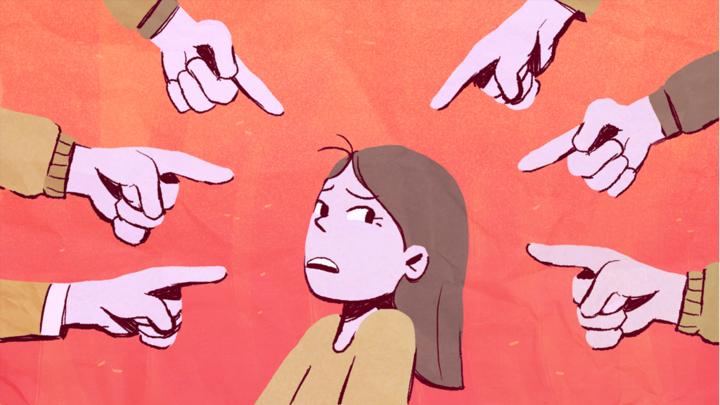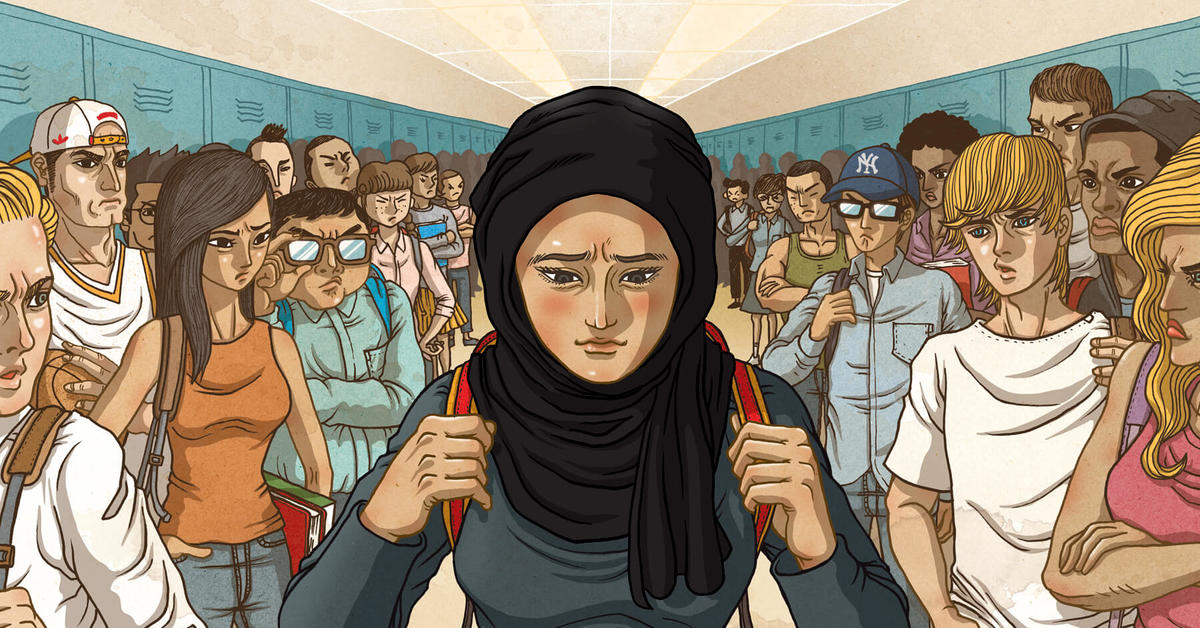Introduction:
Prejudice, defined as a preconceived opinion or feeling about a person or group, frequently grounded on conceptions rather than factual experience, remains a pervasive issue in societies worldwide. Rooted in psychological processes, prejudice can lead to discrimination, marginalization, and social injustice. his composition delves into the origins of prejudice, its impact on individualities and communities, and strategies to overcome it.
:max_bytes(150000):strip_icc()/what-is-prejudice-5092657_final1-a505ebebdef94eb18825740ee13c79eb.png)
Origins of Prejudice:
Prejudice can stem from various sources, including socialization, upbringing, cultural norms, and media influences. From a psychological perspective, it often arises from the human tendency to categorize and simplify complex information. Conceptions, which are oversimplified beliefs about particular groups, contribute to the conformation of prejudiced stations. These stereotypes may be reinforced through social learning, where individuals adopt the attitudes and behaviors of those around them, including family, peers, and media representations.
Impact of Prejudice:
Prejudice can have far-reaching consequences for both the targets and perpetrators. individualities who witness prejudice may suffer from diminished tone– regard, cerebral torture, and reduced openings in education, employment, and social relations. Moreover, prejudice perpetuates systemic inequalities and social injustices, leading to disparities in access to resources, healthcare, and legal rights. On the other hand, perpetrators of prejudice may witness moral conflict, cognitive conflict, and immortalize dangerous stations and actions that harm both themselves and others.

Overcoming Prejudice:
Overcoming prejudice requires a multifaceted approach that addresses its psychological, social, and institutional dimensions. Education plays a crucial role in challenging stereotypes, promoting empathy, and fostering critical thinking skills. By exposing individuals to diverse perspectives and experiences, educational interventions can reduce prejudice and promote intergroup understanding. Moreover, promoting positive intergroup contact, where individuals from different backgrounds interact in cooperative and equal-status settings, can help break down barriers and reduce prejudice.
Individuals can also play a part in combating prejudice in their everyday lives by challenging their own impulses, speaking out against discriminative stations and actions, and championing for social justice. By engaging in dialogue, promoting empathy, and erecting islands across differences, individualities can contribute to creating further inclusive and indifferent communities.
Conclusion:
In conclusion, prejudice remains a significant challenge in contemporary societies, rooted in psychological processes and perpetuated by social, cultural, and institutional factors. However, by understanding its origins, acknowledging its impact, and implementing strategies to overcome it, we can work towards building more inclusive, equitable, and compassionate societies. Through education, legislation, advocacy, and individual action, we can challenge prejudice and create a world where diversity is celebrated, and all individuals are valued and respected.

